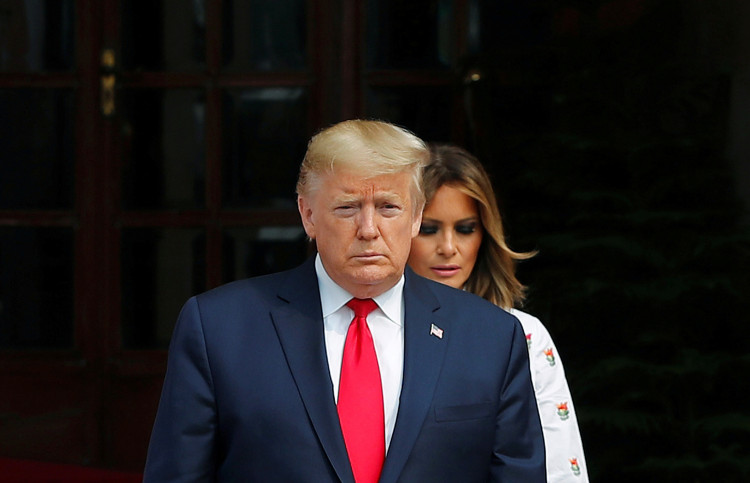As the Republican National Committee (RNC) grapples with the looming presence of Donald Trump, internal tensions have surfaced, spotlighting a pivotal debate over the organization's direction and financial priorities. Henry Barbour, an RNC member, has ignited a significant conversation within the committee by proposing resolutions aimed at ensuring neutrality and financial prudence in the lead-up to the 2024 presidential election.
Barbour's resolutions, set to be deliberated at the RNC's upcoming March meeting in Houston, seek to establish a clear boundary regarding the committee's engagement in the presidential race and its allocation of financial resources. Specifically, one resolution aims to restrict the RNC from covering legal expenses for any candidate vying for federal or state office, redirecting focus and funds toward the broader objectives of the 2024 election cycle.
This move underscores a growing concern within the RNC over the extent of Trump's influence and the potential implications of the committee's financial involvement in his legal battles. Despite the RNC's previous financial support for Trump's legal challenges, RNC Chair Ronna McDaniel announced in November 2022 that such assistance would be halted following Trump's formal declaration to re-enter the political arena.
The internal debate extends beyond financial matters, touching on the principles of neutrality and fairness within the party's nomination process. Barbour's second resolution emphasizes the importance of maintaining an impartial stance until a candidate officially secures the nomination, a principle that resonates with party members wary of prematurely consolidating support behind Trump.
However, securing co-sponsorship for these resolutions remains a formidable challenge, reflecting the deep divisions within the committee regarding Trump's role and the RNC's responsibilities. The outcome of the March meeting could signal a defining moment for the RNC, as it navigates the complexities of supporting its members while adhering to its foundational principles.
The backdrop to this internal strife includes Trump's ongoing legal entanglements, with four criminal trials looming and recent judgments amounting to approximately $540 million in two civil cases. Notably, a Trump-affiliated super PAC reported disbursing over $47 million in legal expenses on his behalf in 2023 alone, highlighting the significant financial burden of these legal challenges.
Amidst these developments, Trump's ambition to solidify his position as the Republican presidential nominee continues unabated, with proposals to nominate Lara Trump, his daughter-in-law, as co-chair of the RNC. This move, coupled with efforts to declare Trump the de facto nominee despite Nikki Haley's continued presence in the race, has intensified the debate over the RNC's direction and the principles guiding its actions.
As the RNC approaches its critical March meeting, the resolutions proposed by Barbour could catalyze a broader reevaluation of the committee's role in the upcoming election and its approach to managing the influential forces within the party. The decisions made could have far-reaching implications, shaping the Republican Party's strategy and cohesion as it prepares to challenge the Democratic incumbent in the 2024 presidential race.






